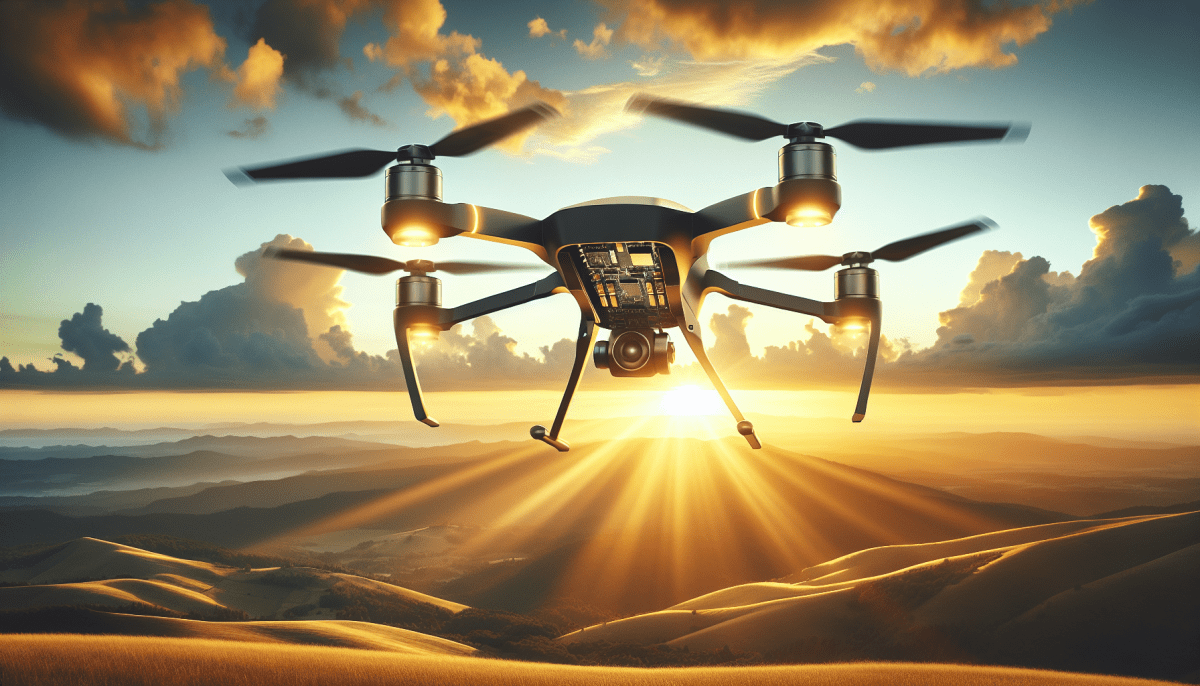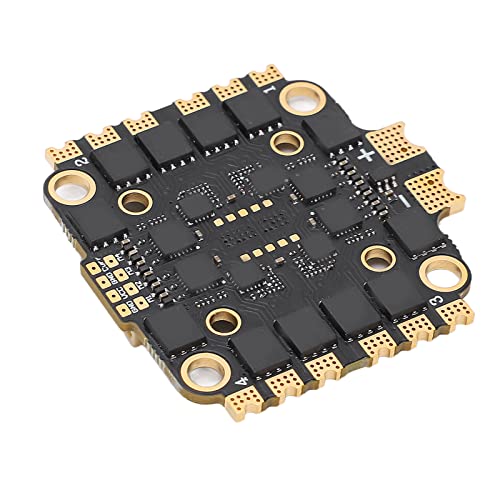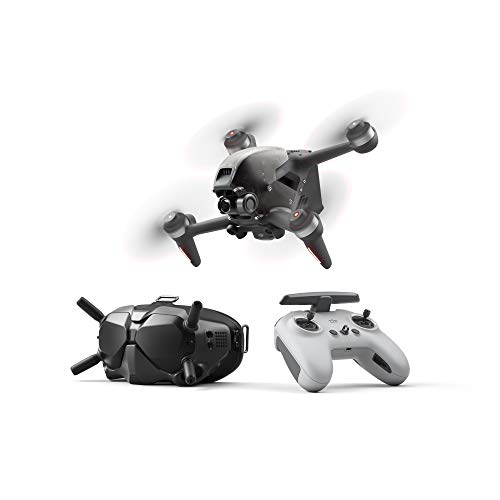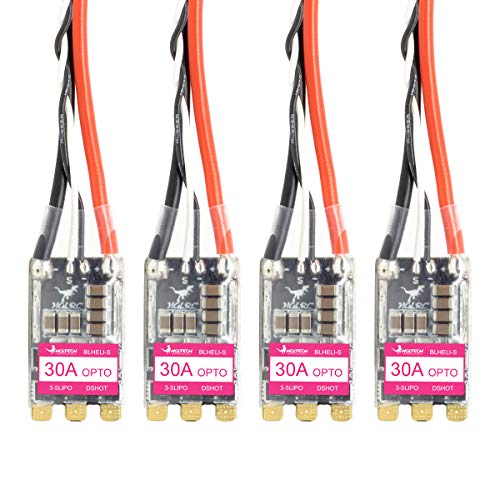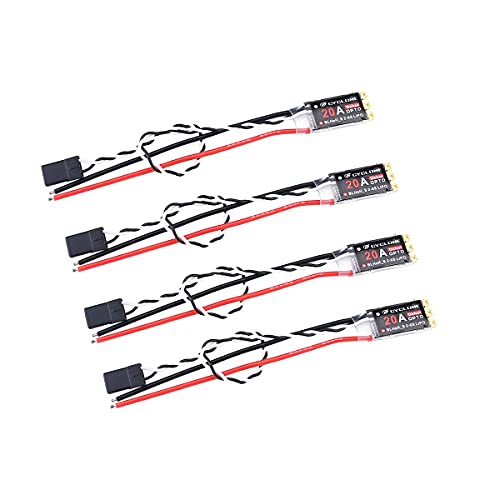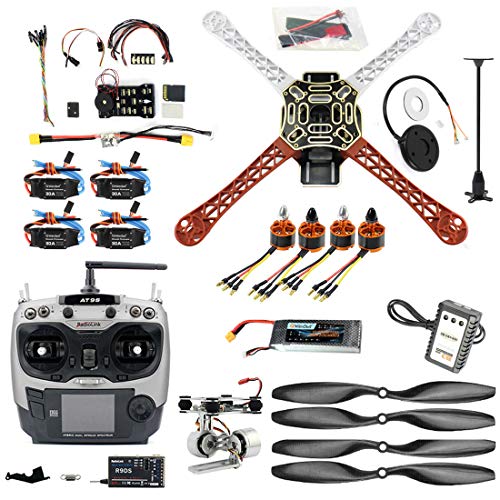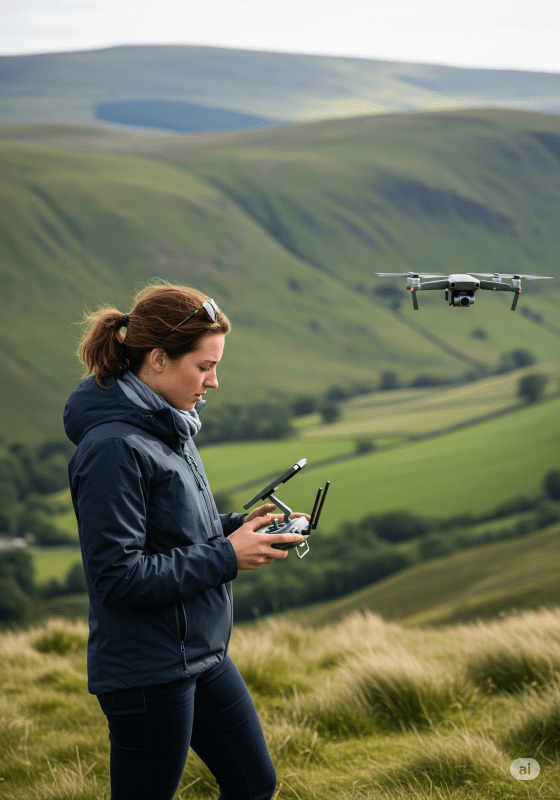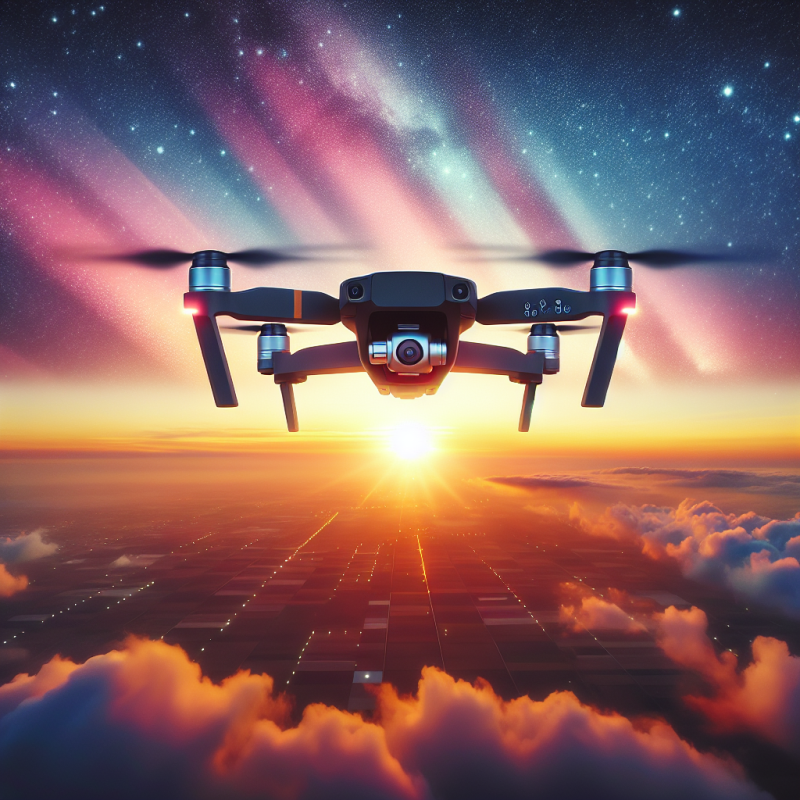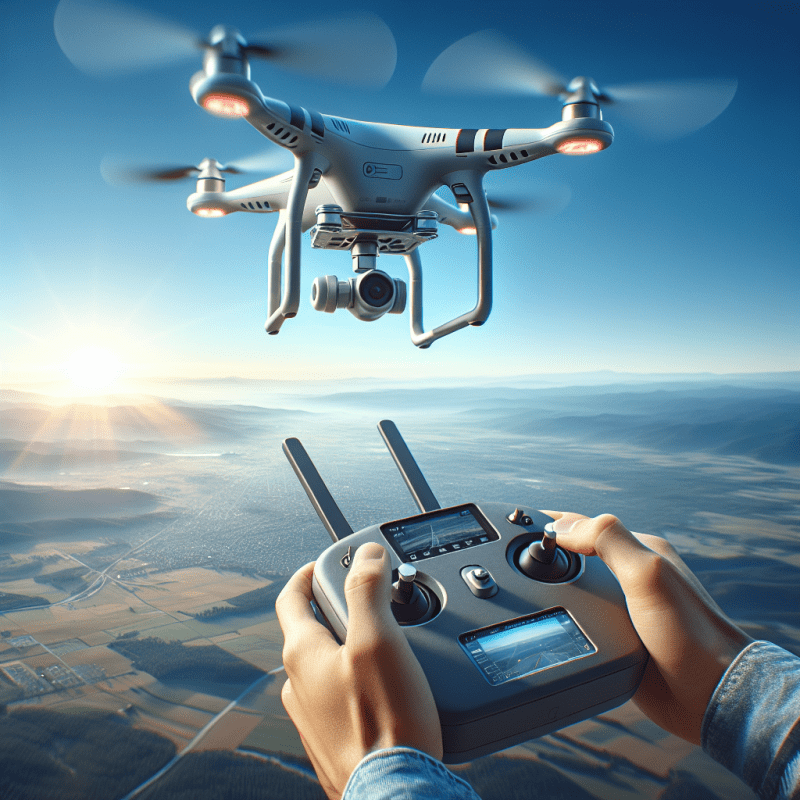Understanding Drone ESCs: What You Need to Know
Drone Electronic Speed Controllers (ESCs) are an integral part of any drone. They control the speed of each motor and ultimately dictate the movement of the drone. Understanding how to operate and troubleshoot your drone's ESCs is essential for any drone pilot. Here are some basic facts you need to know:
1. ESCs are responsible for controlling the speed of each motor:
An ESC receives throttle signals from the flight controller and controls the speed of the motor based on those signals. ESCs convert the DC voltage from the battery to a three-phase AC voltage to run the motor. These signals need to be precisely timed to get the best control and stability of a drone. Any delay or interruption in the signals can create instability for the drone.
2. ESCs have a maximum amperage rating:
An ESC's amperage rating shows how much power can flow through it without causing damage. An overworked ESC can lead to overheating, motor burnout, and possible battery explosion. Be sure to match your motor's amperage requirements to the ESCs for optimal performance.
3. ESCs can be programmed:
ESCs have different firmware versions that serve various functions. Some of them have programmable firmware, which allows you to reconfigure them to suit your needs. You can adjust the timing of the throttle signal, set up the motor brake mode, and adjust the low-voltage cutoff. However, it's essential to follow the manufacturer's instructions when updating the firmware to avoid damaging the ESCs.
4. ESCs have safety features:
Most ESCs come equipped with safety features to protect the drone and the operator. For example, some ESCs come with over-temperature protection, low-voltage cutoff, and over-current protection. These safety features are critical to ensure the long-lasting operation and safety of the drone.
5. Troubleshooting ESCs can be challenging:
If you encounter problems with your drone's ESCs, it can be a frustrating experience. Troubleshooting ESCs often involves testing multiple components and connections, including the battery, motor, and wiring. The easiest way to troubleshoot ESCs is to start by confirming that all connections are correctly made and that your motor and battery match your ESC amperage requirements.
In summary, drone ESCs are essential components that require careful consideration when building, operating or troubleshooting your drone. Understanding how they work and how to troubleshoot any issues that may arise will help you get the best performance out of your drone.
Exploring the Different Types of Drone ESCs for Optimal Performance
Electronic Speed Controllers (ESCs) play a crucial role in the performance of a drone. They are responsible for regulating the speed and direction of the motors, ensuring stable flight and better maneuverability. There are various types of ESCs available in the market, each with its unique features and capabilities. In this section, we will explore some of the different types of drone ESCs for optimal performance.
SimonK
SimonK is one of the most popular drone ESCs available in the market. It is known for its high-performance capabilities and quick response time. SimonK ESCs are designed to provide smooth and stable flight, with improved throttle response and acceleration. These ESCs are compatible with a wide range of motors and are easy to install and program.
BLHeli
BLHeli is another popular type of drone ESC, known for its excellent performance and reliability. BLHeli ESCs offer a wide range of features and capabilities, including advanced motor control algorithms, anti-turtle mode, and support for DShot protocol. These ESCs have a reputation for being durable and reliable, making them an ideal choice for racing drones.
OneShot and MultiShot
OneShot and MultiShot are advanced motor control protocols that have been developed specifically for drone ESCs. These protocols allow for faster and smoother communication between the flight controller and the ESC, resulting in improved overall performance. OneShot and MultiShot ESCs are designed to provide better accuracy and speed, making them ideal for racing and aerial photography.
High Voltage ESCs
High Voltage ESCs are designed for drones that use high voltage batteries. These ESCs are capable of accepting higher voltage inputs, which results in better efficiency and longer flight times. High Voltage ESCs are typically more expensive than standard ESCs, but they offer significant advantages in terms of performance and flight time.
Choosing the right type of drone ESC is crucial for optimal performance and stability. Each type of ESC has its unique features and capabilities, and it is essential to choose the one that best suits your drone's needs. Whether you are a racing drone enthusiast or a professional aerial photographer, there is an ESC that will help you achieve your performance goals.
Troubleshooting Common Issues with Drone ESCs and How to Fix Them
Drone ESCs, or electronic speed controllers, are responsible for controlling the speed of the motors attached to your drone. They are an essential component for ensuring smooth and stable flight. However, like any electronic device, ESCs can malfunction or encounter issues. Here are some common issues with drone ESCs and how you can fix them.
1. Motor Jerking or Twitching
If you notice your drone's motors jerking or twitching, this is often an indication that there is an issue with the ESCs. One possible cause could be a malfunctioning capacitor. In order to fix this issue, you will need to replace the capacitor. Alternatively, the issue could be caused by a loose connection, either between the motor and the ESC or between the ESC and the flight controller. Check for loose connections and tighten them if necessary.
2. Unresponsive Motor
If one of your drone's motors is unresponsive, this could be an indication that there is an issue with the ESC. One possible cause could be a faulty motor. To troubleshoot this issue, switch the motor with another working one and see if it works. If the motor works, then the issue is the ESC. You will need to replace the ESC.
3. Motor not Spinning
If one or more of your drone's motors are not spinning at all, this could be due to a few factors. The issue could be caused by a malfunctioning ESC. First, check for loose connections between the ESC and the motor. If the connections are tight, then try replacing the ESC. Another possible cause could be a burned-out motor. To troubleshoot this issue, switch the motor with another working one and see if it spins. If the motor works, then the issue is the motor. You will need to replace the motor.
4. Random Motor Spinning
If one of your drone's motors spins randomly, even when you are not giving input, this could be due to a malfunctioning ESC. One possible cause could be a loose connection. Check for loose connections between the ESC and the motor. If the connections are tight, then try replacing the ESC. Another possible cause could be a damaged circuit board. Check for damage and replace the board if necessary.
In conclusion, drone ESCs are important components of your drone that ensure smooth and stable flights. However, like any electronic device, they can malfunction. By troubleshooting common issues with drone ESCs and knowing how to fix them, you can keep your drone flying safely and smoothly.
SPYMINNPOO 4-in-1 45A ESC for RC Drones
Enhance your drone's performance with the versatile and powerful SPYMINNPOO 4-in-1 45A ESC designed for optimal flight control
Product information
$45.02
Product Review Score
4.88 out of 5 stars
32 reviews